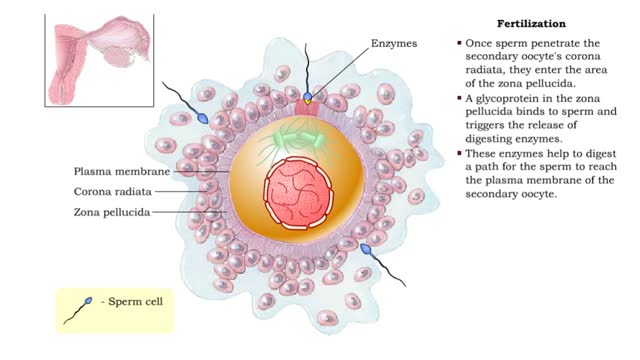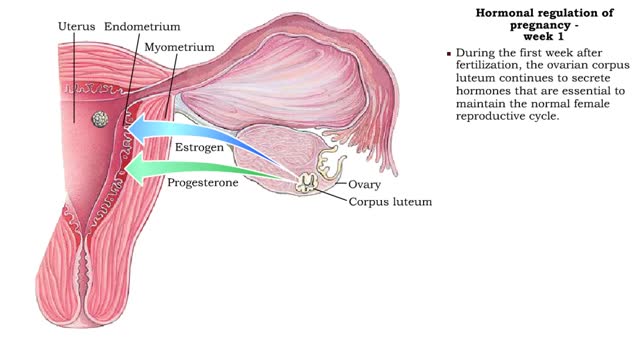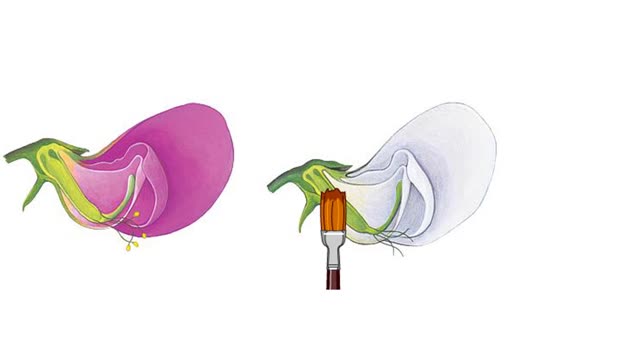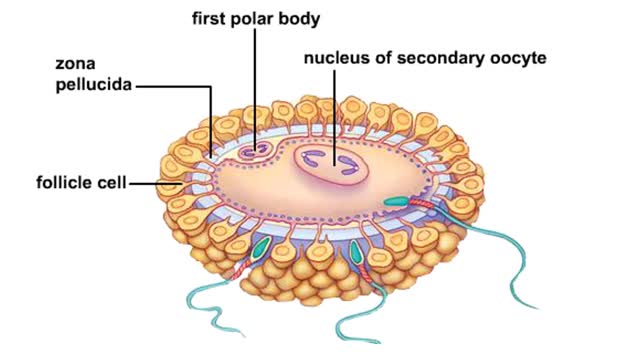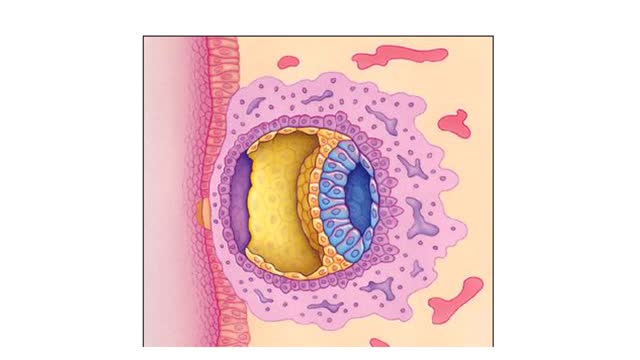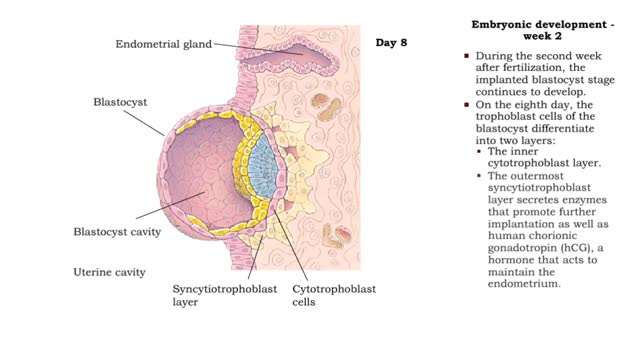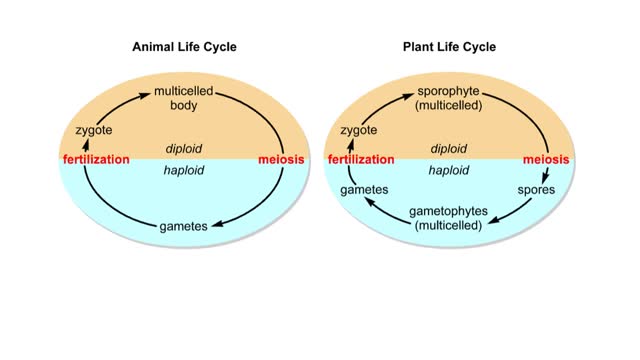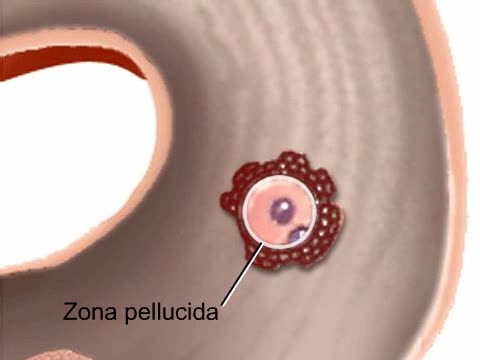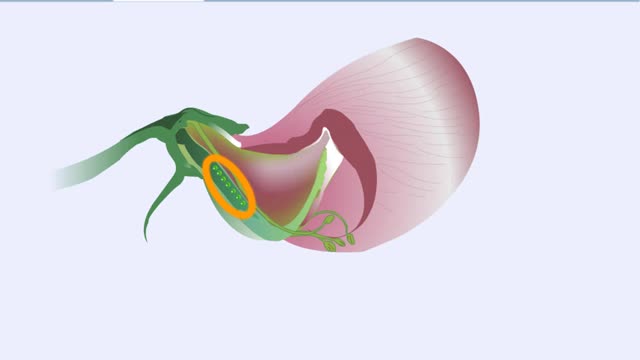Search Results
Results for: 'self fertilization'
By: HWC, Views: 11759
• Fertilization is the process by which the two gametes from the parents fuse their genetic material to form a new individual (zygote). • Fertilization requires that sperm cells swimming through the uterine tube contact a secondary oocyte. • Once sperm penetrate the secondary oocyte's ...
Hormonal regulation of pregnancy - week 1
By: HWC, Views: 11680
• During pregnancy, hormones play a significant role in triggering changes in the mother and fetus. • Ormones : • Maintain the lining of the uterus and prevent menstruation. Prepare the mammary glands for lactation. • Increase flexibility of the pubic symphysis. • Affect the mot...
Mendel's pea plant, Pisum sativum experimental
By: HWC, Views: 9270
Mendel chose the garden pea plant, Pisum sativum, for experimental tests of his ideas about inheritance. Under normal circumstances, the garden pea plant is self-fertilizing. This cross-section shows the gamete-forming structures. Sperm-producing pollen grains form in the stamens. Eggs deve...
Rh blood type and complications during pregnancy & Fertilization
By: HWC, Views: 8837
Complications can arise if an Rh- woman is impregnated by an Rh+ man. The fetus maybe Rh+. During childbirth, some of the fetal Rh+ cells may leak into the maternal bloodstream. The woman's immune system views the Rh+ as foreign and makes antibodies against it. If the woman becomes pr...
Cleavage and Implantation Animation
By: HWC, Views: 8912
✔ https://HomeworkClinic.com ✔ https://Videos.HomeworkClinic.com ✔ Ask questions here: https://HomeworkClinic.com/Ask Follow us: ▶ Facebook: https://www.facebook.com/HomeworkClinic ▶ Review Us: https://trustpilot.com/review/homeworkclinic.com Fertilization typically takes pl...
Embryonic development - week 1 and 2
By: HWC, Views: 11367
The first through eighth weeks after fertilization are called the embryonic. Week 1 • Within a day, the zygote begins mitotic cell division (cleavage) forming blastomeres. By the 4th day, the blastomeres have formed a solid ball called a morula. • The morula enters uterine cavity ar...
Generalized life cycles for plants and animals Animation
By: HWC, Views: 5572
But the life cycles of plants and animals differ in their details. In animals, a multicelled diploid stage gives rise to single-celled haploid gametes, the eggs and sperm. These gametes combine at fertilization to form a diploid zygote, which grows and develops into a new multicelled animal...
By: Administrator, Views: 572
At conception, the gender and other biologic traits of the new individual are determined. The zygote is genetically complete and immediately begins to divide, forming a solid mass of cells called a morula. When the developing embryo (stage of development between weeks 2 and 8) reaches the ute...
By: HWC, Views: 10767
Sugar snap peas were common garden plants during Mendel's lifetime and many varieties undoubtedly grew in the abbey gardens. An avid gardener. this is where Mendel first made observations about pea plants. He noticed that certain characteristics of peas were passed from generation to generation. ...
Advertisement



